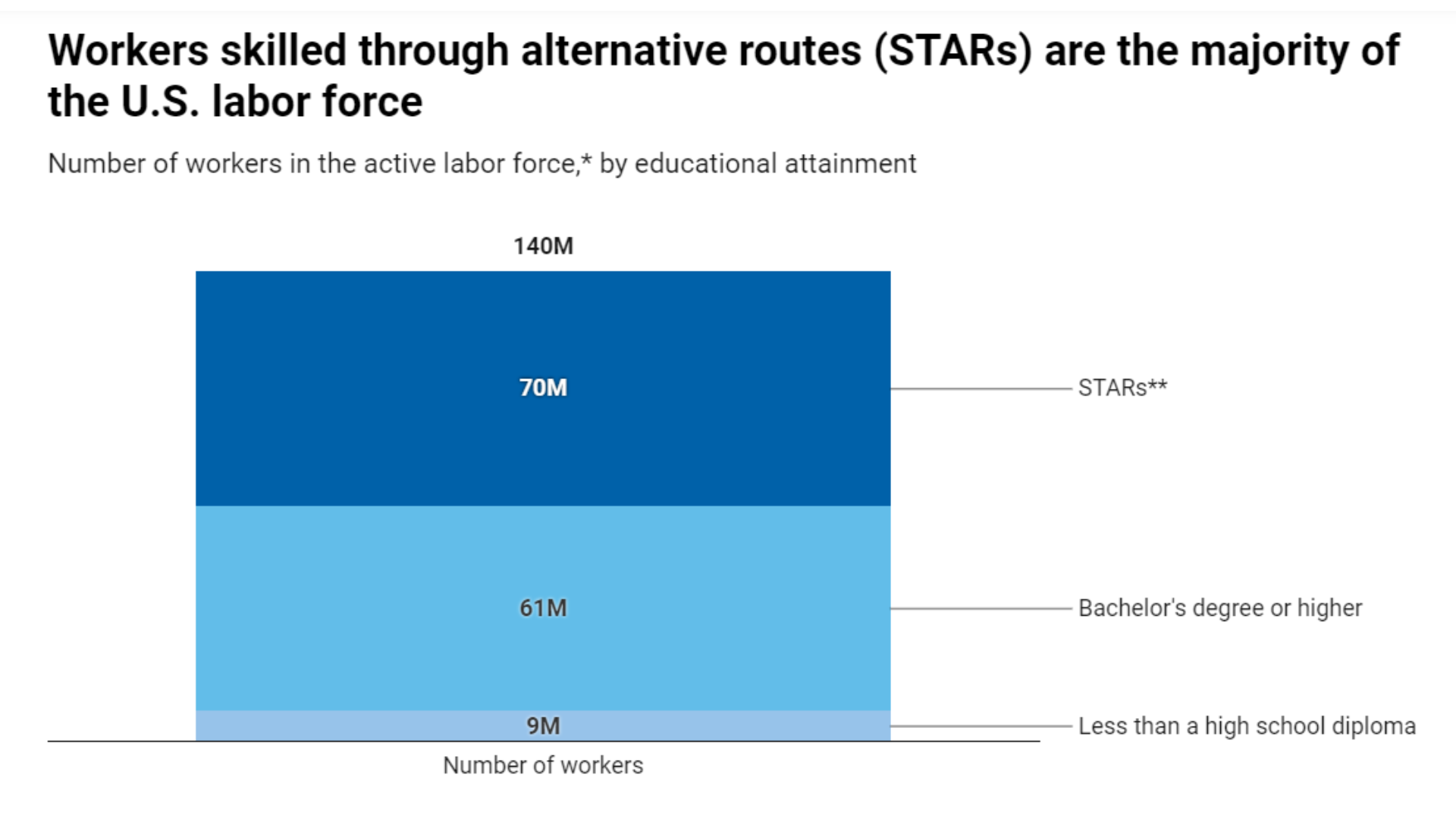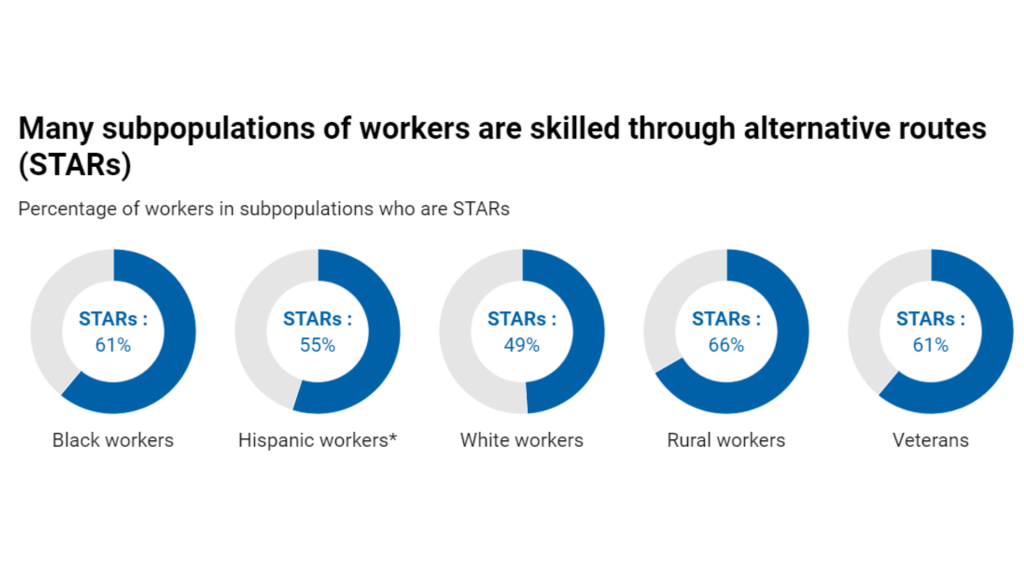 The culinary world is ever-evolving, with trends, techniques, and dietary needs constantly changing. In such a dynamic landscape, the demand for culinary professionals is on the rise in industries from hospitality to healthcare, and ongoing education and training is crucial. Rouxbe offers a globally recognized online culinary training program to help educational institutions enhance their existing curriculum and increase learner engagement. Rouxbe is revolutionizing culinary education and is an invaluable resource for Career Technical Education (CTE) learners and educators.
The culinary world is ever-evolving, with trends, techniques, and dietary needs constantly changing. In such a dynamic landscape, the demand for culinary professionals is on the rise in industries from hospitality to healthcare, and ongoing education and training is crucial. Rouxbe offers a globally recognized online culinary training program to help educational institutions enhance their existing curriculum and increase learner engagement. Rouxbe is revolutionizing culinary education and is an invaluable resource for Career Technical Education (CTE) learners and educators.
Flexible Learning that Bridges Classroom and Real-World Experiences
Rouxbe’s online culinary platform is designed to provide CTE leaders with a supplemental learning tool that can develop and reinforce fundamental culinary skills. CTE leaders can leverage Rouxbe’s platform to design programs and experiences that are responsive to industry needs, providing guidance and resources that reflect the modern workplace. Rouxbe’s training allows learners to explore different culinary career paths, develop specialized skills, and earn industry-recognized credentials that validate their expertise.
Empowering Learners with Career-Connected Learning
The Rouxbe platform provides career-connected learning experiences that sharpen learners’ skills, build their networks, and help them define their future selves. Through practical assessments and personalized feedback from professional chefs, learners can refine their techniques in a real-world context, gaining confidence and competency in their culinary abilities. Rouxbe’s emphasis on hands-on learning, even in a virtual environment, expands opportunities for high-quality work-based learning. The interactive assignments and step-by-step video lessons simulate the experience of being in a professional kitchen, allowing learners to apply classroom learning in a real-world setting. This approach not only enhances technical skills but also prepares learners to meet the demands of today’s fast-paced culinary industry.
Unlocking Career Success with Evidence-Based Strategies
 Rouxbe’s training supports CTE programs in unlocking career success, aligning with the four evidence-based strategies, or “keys”: postsecondary education and career guidance, dual enrollment opportunities, work-based learning, and industry-recognized credentials. By integrating Rouxbe into their curriculum, CTE educators can provide learners with access to high-quality education and career-connected experiences that set them up for success in the culinary field.
Rouxbe’s training supports CTE programs in unlocking career success, aligning with the four evidence-based strategies, or “keys”: postsecondary education and career guidance, dual enrollment opportunities, work-based learning, and industry-recognized credentials. By integrating Rouxbe into their curriculum, CTE educators can provide learners with access to high-quality education and career-connected experiences that set them up for success in the culinary field.
A Coherent Education and Training System for Future Culinary Leaders
As CTE programs continue to expand opportunities for high-quality work-based learning, platforms like Rouxbe will play a critical role in delivering the education and training necessary for learners to thrive. By embracing Rouxbe’s innovative approach, CTE leaders can ensure that every young person has the chance to apply classroom learning in real-world settings, develop essential skills, and connect with the industry professionals who will help shape their future careers.
Autumn Gray, VP of Sales
The views, opinions, services, and products shared in this post are solely for educational purposes and do not imply agreement or endorsement by Advance CTE, nor discrimination against similar brands, products, or services not mentioned.




 As part of ongoing blog topics providing updates on this initiative, Deshaun Mars, Vice President, Global Philanthropy (Job Skills,) and Brice Thomas, Policy Associate engaged in a discussion to highlight JPMC’s view of the initiative and how this work advances JPMC’s philanthropic portfolio and ultimately building high-quality local and state career pathway systems.
As part of ongoing blog topics providing updates on this initiative, Deshaun Mars, Vice President, Global Philanthropy (Job Skills,) and Brice Thomas, Policy Associate engaged in a discussion to highlight JPMC’s view of the initiative and how this work advances JPMC’s philanthropic portfolio and ultimately building high-quality local and state career pathway systems. 

 The CCRC research points out that noncredit programs are also increasing in popularity,
The CCRC research points out that noncredit programs are also increasing in popularity, 